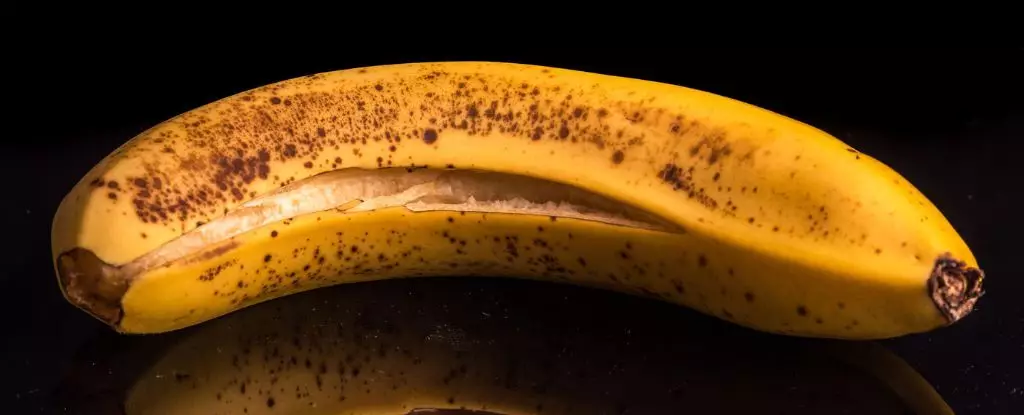Bananas are beloved around the globe, but typically, their peels are considered nothing more than waste. However, recent investigations have shed light on the untapped possibilities housed within this otherwise discarded byproduct. To many, the idea of consuming banana peels might seem absurd, yet they are emerging as a remarkable ingredient, capable of enhancing not only nutrition but also the culinary experience.
Banana peels are not merely scraps; they pack a profound nutritional punch. Studies indicate that these skins are rich in essential minerals such as magnesium and potassium. Furthermore, they stand out due to their high fiber content and the presence of antioxidants which can play a role in fighting cancer. The nutritional benefits of banana peels can elevate any dish, transforming it into a functional food that promotes health and wellness.
Moreover, the trend of incorporating banana peel flour into baked goods is gaining traction. Recent research has showcased that blanched, dried, and ground banana peels exhibit potential as a flour alternative, successfully competing with traditional wheat-based counterparts. Consumer taste tests have revealed that products made with a 7.5% banana peel flour ratio yield cookies that not only retain appealing textures but also manage to remain shelf-stable for several months—a delectable combination that appeals to both taste and convenience.
The world of baking is indeed blossoming with new frontiers through the use of banana peels. Imagine infusing your favorite bread or cake recipes with this nutrient-rich ingredient. A glimpse into existing research indicates that substituting up to 10% of wheat flour with banana peel flour can incrementally enhance the food’s protein, carbohydrate, and fat levels. The implications for healthier baked goods are profound, enabling those who indulge in these treats to benefit more from their consumption.
One particular study even highlighted banana peel cake as a suitable example, showcasing how banana peels contribute natural color and a promising flavor profile. This innovation is not limited to baked goodies alone. Renowned chefs, such as Nigella Lawson, have tested the limits of this ingredient by incorporating banana peels into savory dishes like curry. Similarly, vegan culinary circles have explored creative ventures such as banana peel bacon and pulled peel pork, influencing an unconventional culinary renaissance.
A vital consideration in today’s culinary landscape is the urgent need for sustainable practices. Approximately 40% of a banana’s weight comprises its peel, which often ends up being discarded, resultant in significant food waste. Emphasizing the consumption of banana peels addresses this issue head-on. By adopting such practices, individuals not only nourish themselves but also contribute to environmental preservation efforts—one banana at a time.
The potential of transforming waste into resource is not exclusive to bananas alone. Other fruit peels, like mango skins, also offer similar nutrition-boosting opportunities. This trend underscores a broader movement towards zero waste, promoting creative solutions that can effectively extend the life of various food products.
As the culinary world continues to evolve, embracing the possibilities of ingredients like banana peels opens up exciting avenues for both home cooks and professional chefs alike. The nutritional benefits and innovative applications encourage an uncharted exploration of flavors and textures. So the next time you peel a banana, pause and consider: is there a delicious, nutritious treat nestled within that peel? By broadening our culinary horizons and transforming how we view discarded scraps, we can both enrich our diets and contribute to a more sustainable future. Your taste buds—and the planet—might just thank you for it.

